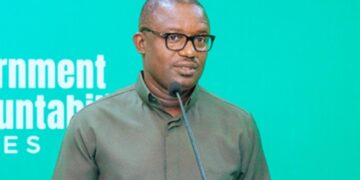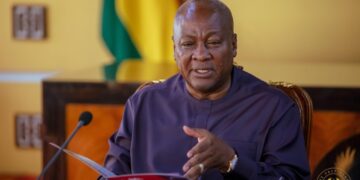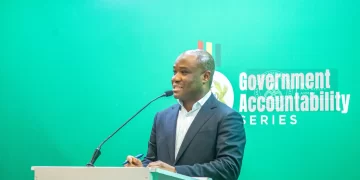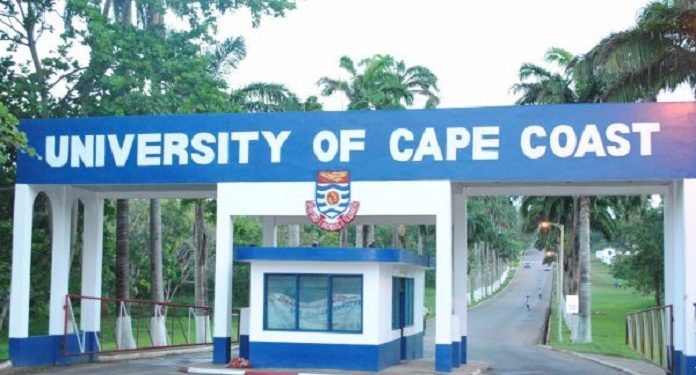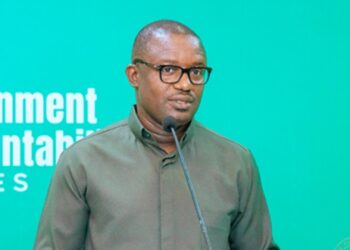The Faculty of Law of the University of the Cape Coast has held its 7th Jurist Confab with a call on Stakeholders to broaden the discourse on legal education in Ghana.
The Jurist confab held annually seeks to bring together, Judges, Legal Practitioners, Law Teachers, and Law Students to reflect on the current state of the law in Ghana and outside.
It also affords students the opportunity to meet, interact and learn from practitioners and lecturers from various faculties of law nationwide.
Speaking on the theme, Rule of law, Democracy and Covid 19: Perspectives from the Bench, Bar, and Academia, a senior lecturer with the Faculty of law at the University of Ghana, Dr. Abdul Basit Aziz Bamba called for a change in the current structure of legal education by breaking the monopoly of the Ghana School of Law.
“We have to consider certain strategic actions for the future. Firstly we need to facilitate wider discourse on legal education in Ghana. In this regard, it is imperative that the various schools of law adopt a common position as much as possible, backed by the requisite empirical research to promote deep reflections of the challenges to move legal education forward.”
He also indicated that following the outbreak of Covid-19 and all the inconveniences it created for academic work, it is important all Universities and colleges particularly that of law make necessary arrangements to make online platforms useful.
Meanwhile, a Justice of the Secondi High Court, His Lordship, Dr. Richmond Osei Hwere has called on all Ghanaians to help foster progress by upholding the rule of law.
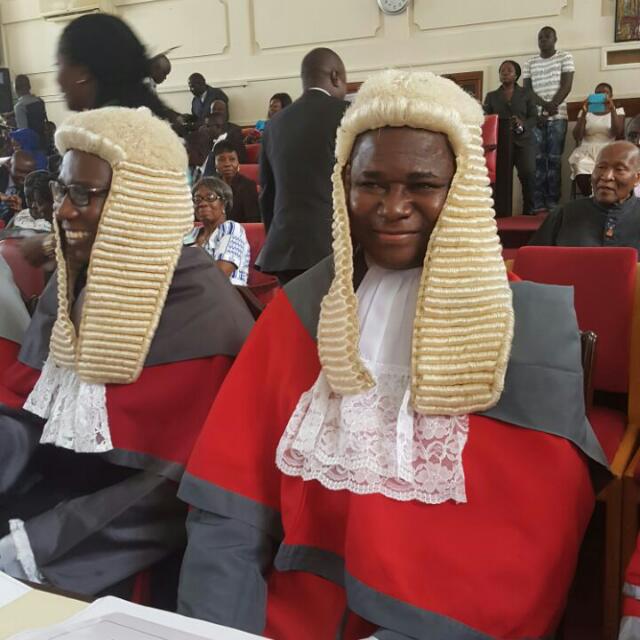
He notes that the principles of the rule of law inform the decision and power of government officials and ensures the rights of individuals are protected.
He added that the rule of law which is an effective tool in the realization of Ghana’s democracy, must not be downplayed emphasizing that “the three ethics of rule of law and democracy are essential to the progress of modern society…they form the distribution and conferment of power of government and its agencies. They ensure optimum distribution of wealth and they also ensure that individual rights and liberty are protected.”
Source: Vera Siripi/ATLFMNEWS

